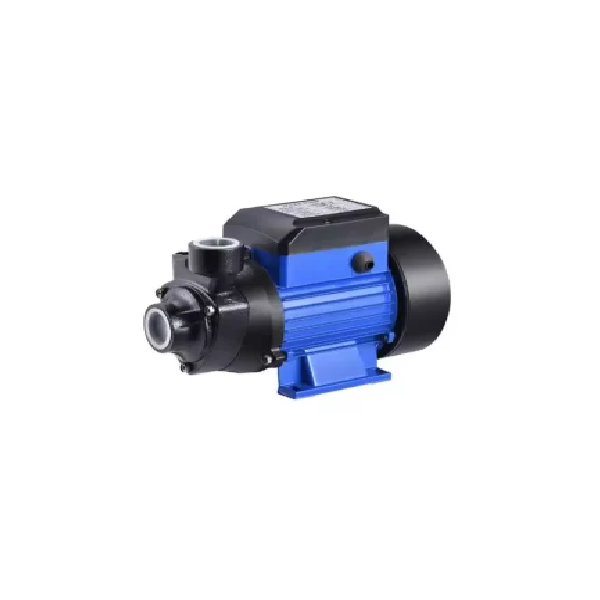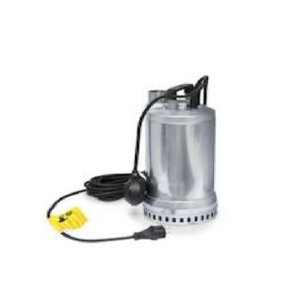Solar Water Pumps
Solar water pumps are a sustainable and eco-friendly solution for pumping water, particularly in areas with limited or no access to electricity grids. These systems harness the power of the sun to operate pumps, making them ideal for applications such as:
Agriculture: Irrigation of crops
Livestock watering: Providing water for animals
Domestic use: Supplying water for households
Community water supply: Providing access to clean water for communities
How Solar Water Pumps Work:
Solar Panels: Capture sunlight and convert it into electrical energy.
Charge Controller: Regulates the flow of electricity to the pump.
Pump: Uses the stored electrical energy to pump water.
Types of Solar Water Pumps:
Submersible pumps: These pumps are installed underwater and are suitable for deep wells.
Surface pumps: These pumps are installed above ground and are suitable for shallow wells or reservoirs.
DC pumps: These pumps operate directly on DC power generated by the solar panels.
AC pumps: These pumps require an inverter to convert DC power from the solar panels into AC power for the pump.
Benefits of Solar Water Pumps:
Sustainability: Rely on renewable solar energy, reducing dependence on fossil fuels.
Cost-effective: Lower operational costs compared to grid-connected pumps, especially in remote areas.
Reliability: Require minimal maintenance and can operate in remote locations without grid connection.
Environmentally friendly: Reduce carbon emissions and promote sustainable practices.
Choosing the Right Solar Water Pump:
When selecting a solar water pump, consider the following factors:
Water requirements: Determine the daily water volume needed.
Well depth: Consider the depth of the water source.
Solar radiation: Assess the amount of sunlight available in the location.
Pump type: Choose a pump suitable for the water source and application.
System components: Select compatible solar panels, charge controller, and pump.






Reviews
There are no reviews yet.